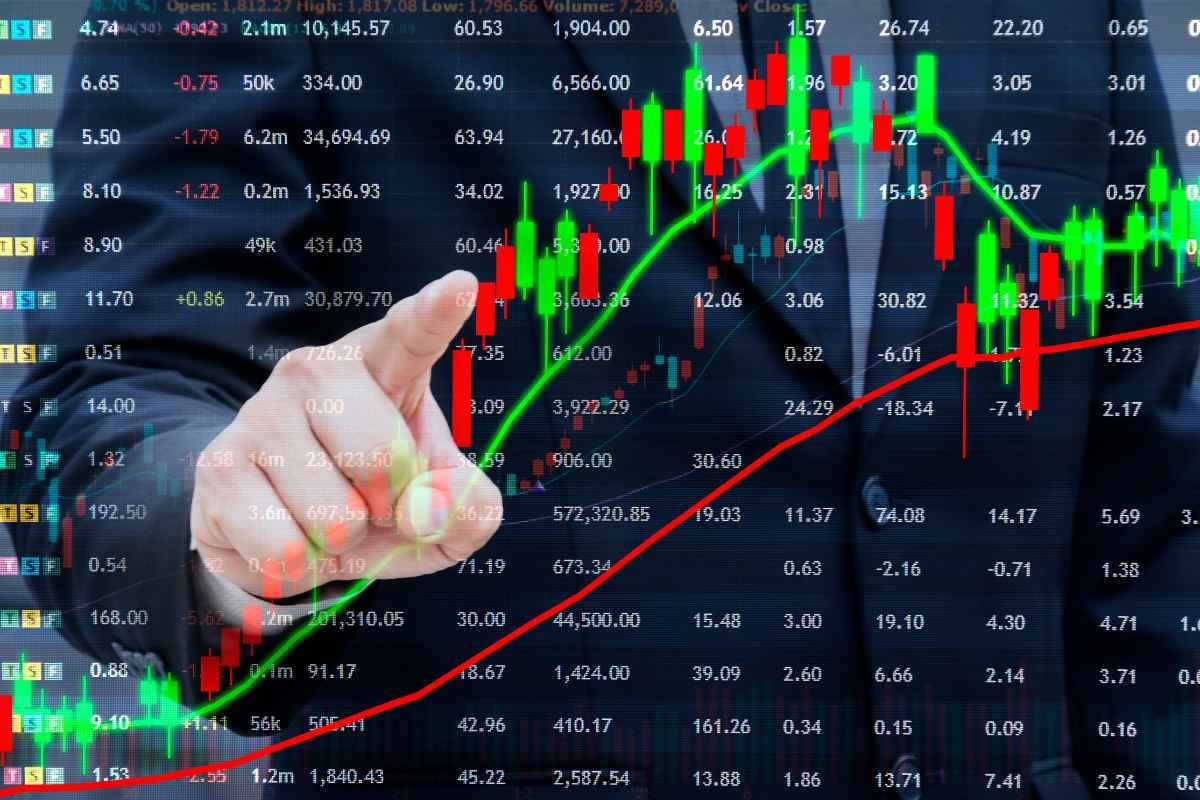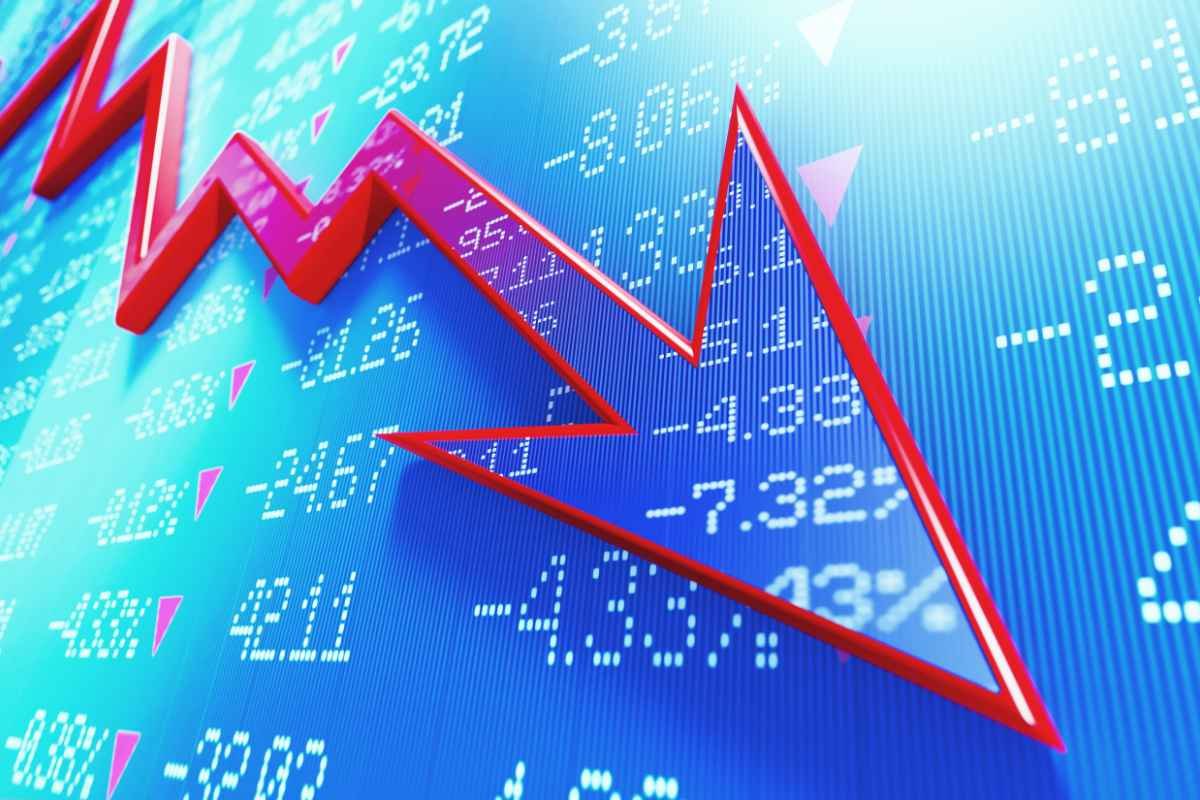In the dynamic world of trading, selecting the right market is crucial for optimizing your investment strategies and achieving successful outcomes. Quotex, a popular trading platform, provides a variety of markets for traders to explore, each with its own set of opportunities and challenges. Understanding how to choose a good market on Quotex can significantly impact your trading performance. This guide will walk you through the key factors to consider when selecting a market and offer practical tips to help you make informed decisions.
Key Factors to Choose a Good Market on Quotex
1. Understand Your Trading Goals
Before diving into the specifics of market selection, it’s essential to clarify your trading goals. Are you looking for long-term investments or short-term trading opportunities? Do you prefer high volatility for quick gains, or are you interested in more stable, low-risk markets? Defining your objectives will help you narrow down your choices and select a market that aligns with your trading style and risk tolerance. It is the first and best way to choose a good market on Quotex.
2. Research Market Options
Quotex offers a range of markets, including forex, commodities, stocks, and cryptocurrencies. Each market behaves differently, influenced by various factors such as economic data, geopolitical events, and market sentiment. It is also the best way to choose a good market on Quotex. To choose a suitable market, start by researching each option:
1. Forex Markets
The forex market is known for its high liquidity and volatility, making it ideal for short-term traders. Major currency pairs like EUR/USD and GBP/JPY are popular due to their liquidity, while exotic pairs can offer higher volatility but come with increased risk.
2. Commodities
Commodities such as gold, oil, and natural gas are influenced by supply and demand dynamics, geopolitical events, and economic indicators. Commodities can be a good choice for those interested in trading based on macroeconomic trends and global events.
3. Stocks

Trading stocks includes buying and offering offers of individual companies. The performance of stocks is affected by company earnings, industry trends, and broader market conditions. If you have a keen interest in specific companies or sectors, stock trading might be suitable.
4. Cryptocurrencies
Cryptocurrencies like Bitcoin and Ethereum offer high volatility and the potential for significant returns. However, they also come with substantial risk due to their speculative nature and susceptibility to market sentiment. If you have a strong understanding of digital assets and are comfortable with high-risk trades, cryptocurrencies could be a viable market.
3. Evaluate Market Liquidity
Liquidity is a critical factor in market selection. A market’s liquidity refers to how easily you can buy or sell an asset without significantly affecting its price. High liquidity ensures that you can enter and exit trades with minimal slippage, which is the difference between the expected price and the actual execution price.
On Quotex, markets with high liquidity include major forex pairs and well-established stocks. These markets typically have tighter spreads and more reliable price movements. Conversely, markets with lower liquidity might experience wider spreads and less predictable price behavior, making them more challenging to trade.
4. Consider Market Volatility

Market volatility refers to the degree of price fluctuations over a given period. Highly volatile markets can offer significant profit opportunities but also come with increased risk. Conversely, low-volatility markets tend to have more stable price movements but may offer fewer trading opportunities.
When choosing a market on Quotex, consider your risk tolerance and trading strategy. If you are comfortable with the potential for rapid price changes and have a solid risk management plan, volatile markets could be suitable. For those who prefer more predictable price movements, low-volatility markets may be a better fit.
5. Analyze Market Trends and Patterns
Before committing to a market, analyze its historical performance and current trends. Use Quotex’s charting tools and technical indicators to study price patterns, trend lines, and historical data. This analysis can provide insights into the market’s behavior and help you identify potential trading opportunities. It helps to choose a good market on Quotex.
Look for markets with established trends or clear patterns that align with your trading strategy. For example, if you are a trend trader, focus on markets that exhibit strong and consistent trends. If you prefer range trading, look for markets that move within well-defined ranges.
6. Assess Economic and Geopolitical Factors

Economic and geopolitical events can significantly impact market performance. Stay informed about relevant news and events that could influence the markets you are interested in. For example, central bank interest rate decisions, economic data releases, and geopolitical tensions can all affect market conditions.
On Quotex, keep an eye on market calendars and news feeds to stay updated on upcoming events that may impact your chosen markets. Understanding these components can help you expect market movements and make more educated trading decisions.
7. Test Your Market Choices
Once you have identified potential markets, consider testing them using a demo account on Quotex. This allows you to practice trading without risking real money and gain insights into how different markets behave. Use this opportunity to refine your strategies and assess your comfort level with each market.
Conclusion
Choosing the right market on Quotex is a crucial step in developing a successful trading strategy. By understanding your trading goals, researching market options, evaluating liquidity and volatility, analyzing trends, and staying informed about economic and geopolitical factors, you can make more informed decisions. Remember, effective market selection requires a combination of research, analysis, and practice. With these strategies in mind, you’ll be better equipped to navigate the diverse markets on Quotex and enhance your trading performance.





